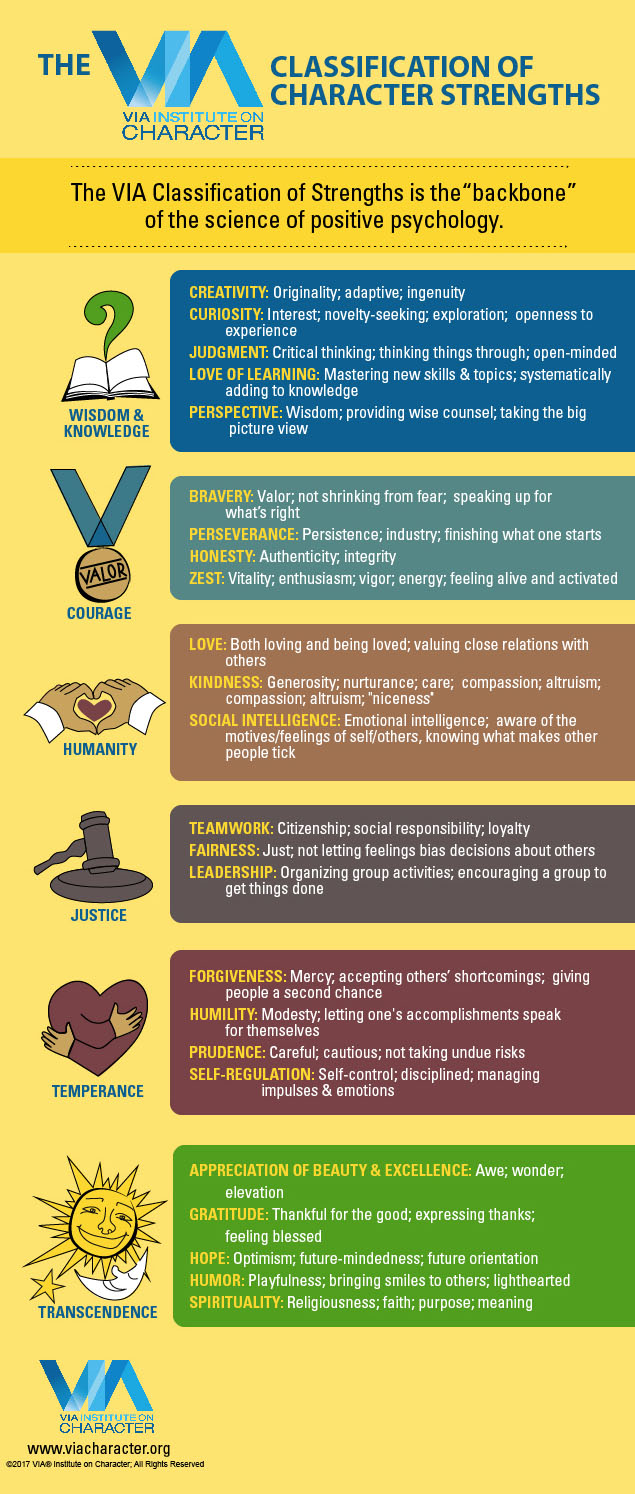My Child Was Diagnosed with ADHD – What Now?
Where Do I Begin After An ADHD Diagnosis?
Your child is newly diagnosed with ADHD. What now?
Start small. Begin by identifying your expectations. Learn about your child’s strengths. This gives you the advantage. You’re ready to help your child and set them up for success.
As parents, we have expectations for our children.
These expectations come from our own experiences, values, and beliefs. Let’s start with basic recommendations found in an article by Dr. Beth Seidel titled “Parent Expectations: 2 Steps to Success”. The first step; allow yourself to mourn.
When our children are given an ADHD diagnosis we can be in shock and we want answers.
- How come?
- What is this?
- Who has this?
- What do I need to do?
- Who can help me?
Mourning is about giving yourself permission to grieve, be sad or weep if needed.
When Is The Time To Act?
Once you have given yourself the opportunity to absorb the news of the diagnosis, find out as much as you can about ADHD.
- How does ADHD affect your child?
- What are the treatment options for your family?
- Talk to family members and answer their questions too.
- Clarify your expectations and move to Dr. Seidel’s second step.
Shifting Expectations
Take time to “redefine or reframe” your expectations based on what you learned about ADHD. You don’t need to raise or lower your standards or expectations.
It means you will teach, expect and support your child at their level. Dr. Seidel helps us by giving us three recommendations:
- Clarify your expectations based on the child’s development stages, as you would with any child
- Ask yourself where your child’s development is based on the stages of growth. Take into consideration an ADHD child is 33% or 3-5 years behind their peers. How would you respond to a meltdown or tantrum from your 10-year-old compared to your 13-year-old?
2. Define your expectations based on your child’s neurological abilities
- ADHD is a neurobiological disorder. It affects our children’s neurological abilities. Gain an
understanding of how the neurological abilities and executive functions, such as emotion, self-control, memory, and learning, affect your child.
3. Establish your expectations based on what’s important to you for your child’s success
- What’s most important for your child to be successful? What do you need to let go of? Are you comparing your child to a sibling, relative, or another child? Are you listening to what others say about their child and how good they are doing in school and you know this isn’t the case for your child? Is it because your child needs help transitioning from one activity to the next? This means you’ll need to monitor the transition process and support your child. Is your expectation they’ll do their homework with minimal disruption and less support from you?
Areas Where You Can Redefine Your Expectations
- Chores
- Homework
- Your emotional response to their behaviors
- Planning a vacation
- Your child social interactions with peers
You have lots to consider as a parent of a newly diagnosed child with ADHD.
Let’s go back to those strengths. Take a look at the character strengths from VIA.

Take time to think of your child and write down all you know they are good at and do. Use the list to help you in the process.
Knowing their strengths is to your advantage. You can provide feedback. Create strategies to work for them. You have the power to inspire your child.
The small seed you have planted will grow slowly and helps them be the best person they are set to be.


